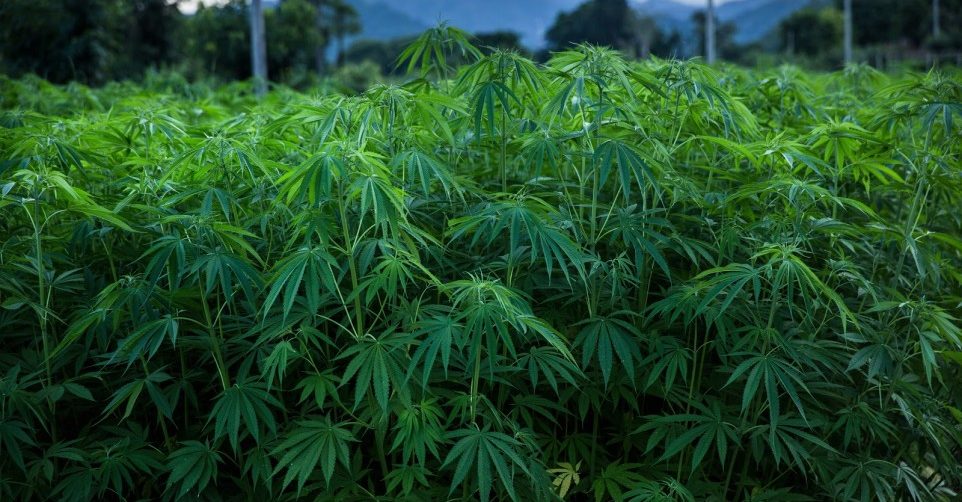Cannabidiol, or CBD, has been increasingly recognized for health benefits that have seemingly countless applications, from addressing mild to severe anxiety or inflammation to treating more serious, chronic diseases. So, where does CBD come from?
CBD is one of many compounds known as cannabinoids found in cannabis and hemp plants, all of which interact with our bodies by binding to receptors in our endocannabinoid system in unique and sophisticated ways. The endocannabinoid system regulates balance (homeostasis) in the body through a wide range of functions that address inflammatory response and the nervous, digestive, metabolic and immune systems among many others. Research has shown that CBD can be particularly beneficial in helping the endocannabinoid system function optimally to bring the most benefits to the body.
CBD Availability
CBD is available in varying concentrations in products such as oils, edibles and tinctures. When determining whether hemp or cannabis CBD is best for you, it is important to understand the differences between these two primary forms of CBD.
Cannabis vs. Hemp: Understanding the Differences
For starters, cannabis and hemp are cousins. They look similar but are not the same. The cannabis, or marijuana, plant has short, fat leaves and is grown for its flowering buds that contain tetrahydrocannabinol, or THC. This notorious cannabinoid is known universally for its psychoactive effects. Cannabis contains high levels of THC and low levels of CBD, although some strains are bred to contain higher levels of CBD and lower levels of THC. Alternatively, the hemp plant grows tall, with narrow leaves. It has been grown in the U.S. for centuries and has many different industrial uses including the creation of textiles, paper, building materials and insulation. Unlike cannabis, hemp naturally contains very little THC—under 1 percent—while it contains high levels of CBD.
Benefits and Drawbacks of Cannabis CBD
As stated, marijuana cannabis generally contains high levels of THC and low levels of CBD. When ingested or smoked, THC attaches to cannabinoid receptors and creates a “high,” which can include feelings of euphoria, elation and relaxation. There are many proven medical benefits to THC found in medical marijuana cannabis, including chronic pain relief, glaucoma treatment, muscle relaxation, nausea control and PTSD treatment. It has also been found to kill cancer cells and may help treat HIV. However, other potential side effects include dry mouth, paranoia, racing heartbeat, drowsiness and impaired memory, which can make it difficult to function in everyday life while under its influence. If sourcing CBD from marijuana cannabis, choose a strain with high CBD and low THC to experience less of a high.
Benefits and Drawbacks of Hemp CBD
On the other hand, hemp CBD offers many similar benefits and unique ones as well—without the high. Hemp CBD is highly concentrated and must not contain more than 0.3 percent THC, essentially a trace amount that has no psychoactive effects with limited side effects. Consistent research shows that CBD has a wide array of studied benefits. These include using CBD as a treatment for anxiety and depression, different types of pain and inflammation, seizures, cancer and many more conditions both chronic and acute. Because hemp CBD offers so many benefits without resulting in an altered psychological state, it’s a great choice for everyday use.

